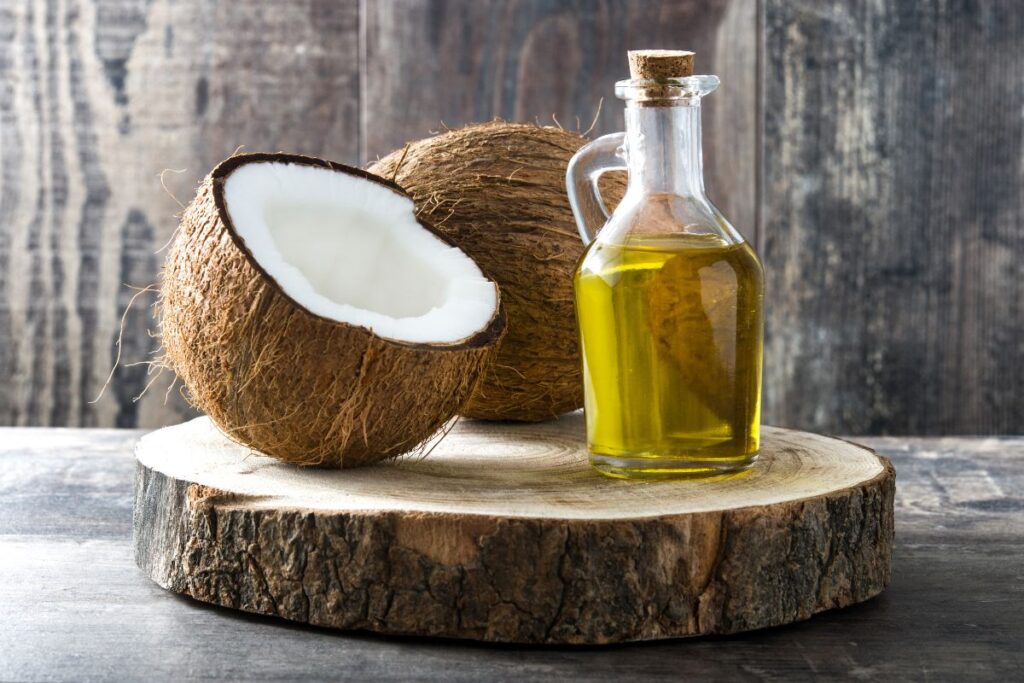Struggling with bloating, gas, indigestion or stubborn weight gain? The solution could be in your kitchen

Don’t Ignore Digestive Symptoms
Why These Spices Work
The 5 Best-Kept Secrets of Your Kitchen:
- Fennel
- Coriander
- Cumin
- Cardamom
- Ginger
Effects of Ayurveda’s 5 Digestive Spices
- Increase bile flow
- Support pancreatic enzyme activity
- Boost small intestine enzyme activity
- Decrease gas and bloating
- Improve fat and sugar metabolism
- Promote optimal weight
- Support microbiology health
- Increase the healthy growth rate of beneficial bacteria
- Stimulate digestion
- Quicken intestinal transit time, supporting healthy elimination
Let’s See the Science
Numerous studies suggest these five spices build digestive self-sufficiency. What’s fascinating about these studies is that these spices seem to support the body’s natural ability to digest rather than just address symptoms.
For example, while studies show that these spices improve fat and sugar metabolism, they seem to do so by boosting more of the body’s natural production of bile acid and pancreatic enzymes! Digestive enzyme supplements temporarily provide enzymes to digest protein and starches, but these spices amp up the body’s ability to produce its own digestive enzymes and bile.
This is an example of resetting digestion rather than brewing dependency on digestive aids.
In one study, ginger was shown to support healthy intestinal wall cells, as well as boost the proliferation of good gut microbes. In another study, ginger and coriander supported the intestinal system’s natural ability to block the bacterium H. pylori from proliferating and adhering to the stomach lining.
The spices seem to work with the body’s digestive intelligence, supporting better digestive function, a healthier environment for digestive microbes, healthier villi, and improved intestinal function.
The Five Spices of Digestion
Fennel Seed (Foeniculum vulgare)
- Rasa (Taste): Sweet, pungent, bitter
- Virya (Action): Slightly heating
- Vipaka (Post-digestive effect): Sweet
- Balances: Vata, Pitta, Kapha
Coriander Seed (Coriandrum sativum)
- Rasa (Taste): Bitter, pungent
- Virya (Action): Cooling
- Vipaka (Post-digestive effect): Pungent
- Balances: Pitta, Vata, Kapha
Cumin Seed (Cuminum cyminum)
- Rasa (Taste): Pungent, bitter
- Virya (Action): Cooling
- Vipaka (Post-digestive effect): Pungent
- Balances: Vata, Kapha, Pitta
Cardamom (Elettaria cardamomum)
- Rasa (Taste): Pungent, sweet
- Virya (Action): Heating
- Vipaka (Post-digestive effect): Sweet
- Balances: Vata, Pitta, Kapha
Ginger Root (Zingiber officinale)
- Rasa (Taste): Pungent, sweet
- Virya (Action): Heating
- Vipaka (Post-digestive effect): Sweet
- Balances: Vata, Kapha (in excess, may increase Pitta)
How These Spices Reset Digestion
- Stimulate digestive fire and enzyme activity
- Increase bile flow for better fat metabolism
- Support gut microbiota, promoting beneficial bacteria
- Reduce gas and bloating
- Enhance intestinal function, promoting healthy elimination.
- Support fat and sugar metabolism, balancing energy levels.

